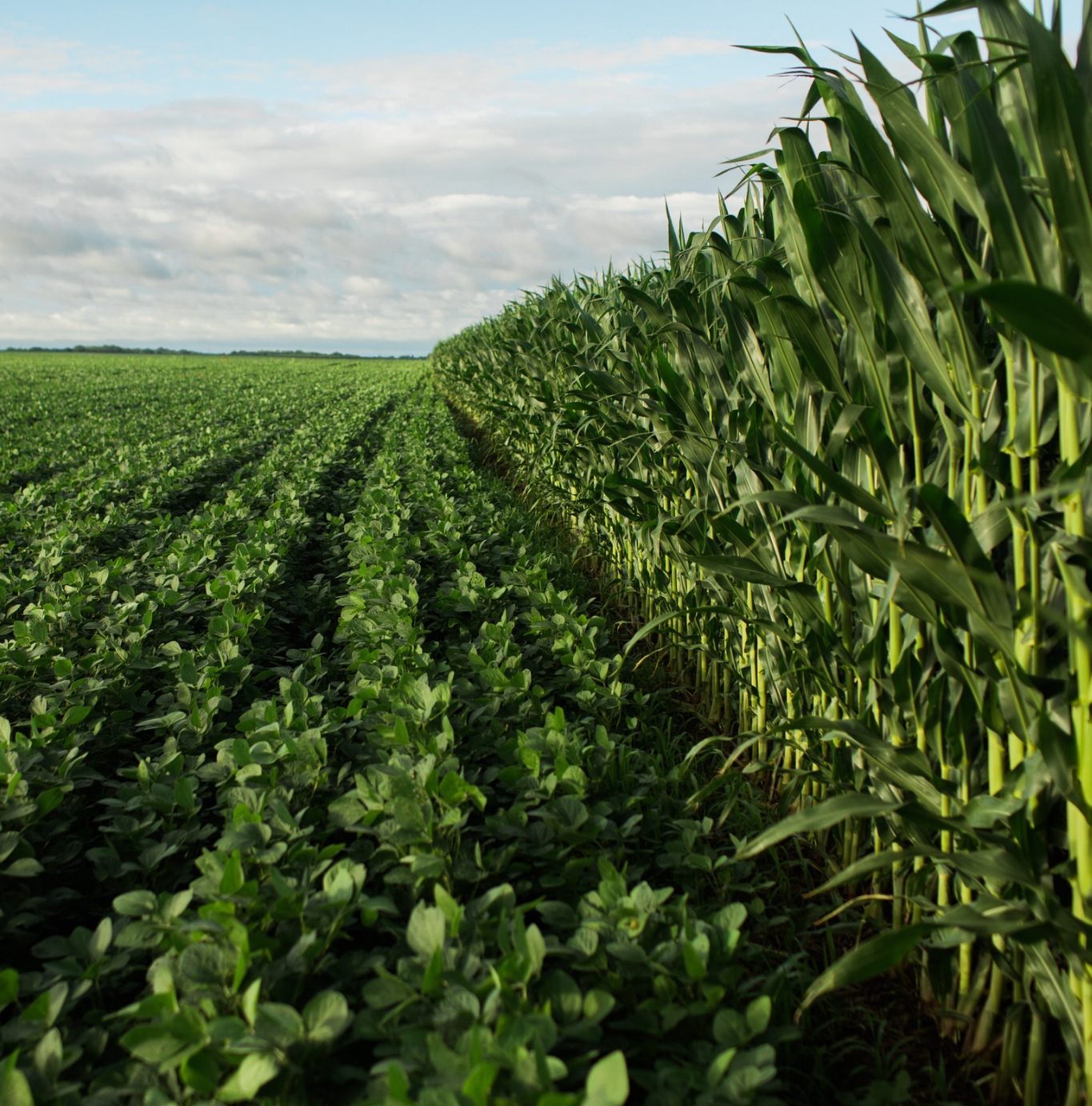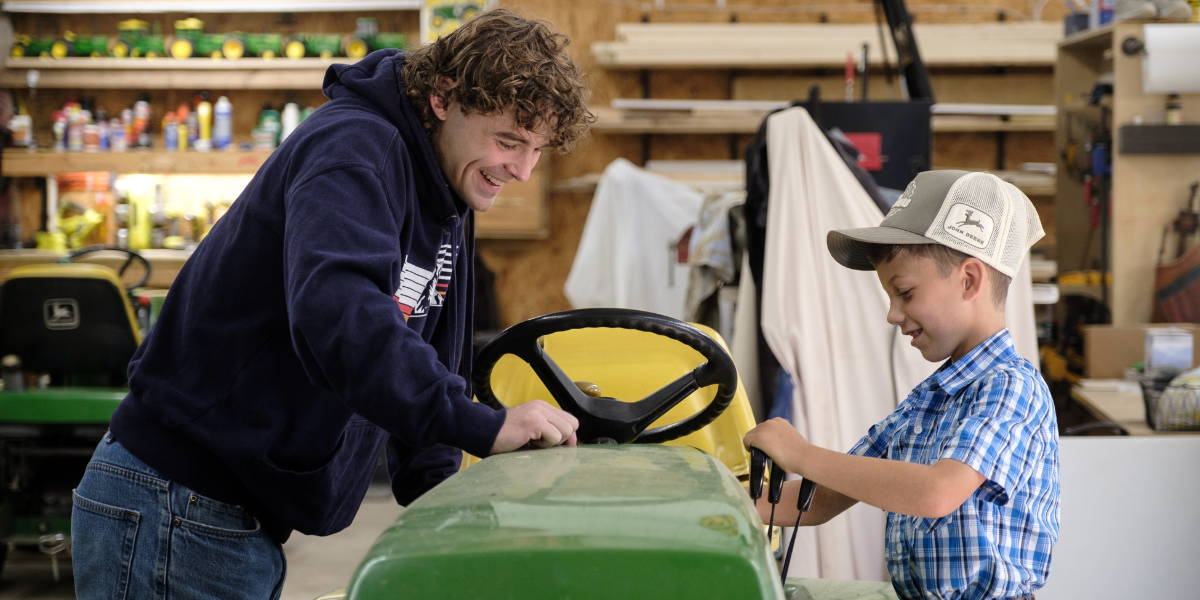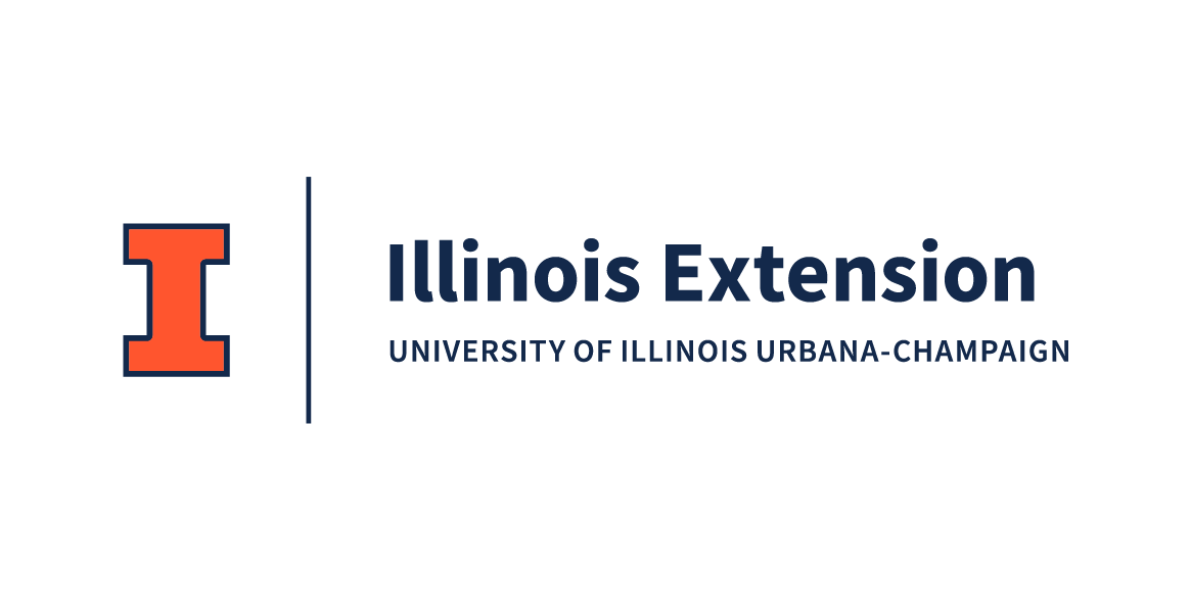Many from outside the region might assume that central Illinois is nothing more than endless fields of corn and soybeans. Which might be partially true, but it’s far from the full story.
As a reader of Illinois Field & Bean, a soybean farmer or an industry partner, you’re aware of Illinois’ position as a national leader in agriculture, consistently ranking among the top producers of corn and soybeans in the U.S. With its fertile soil, vast farmlands and dedicated farmers, Illinois plays a vital role in feeding and fueling the world. But our state is more than just a leader in production — it’s also emerging as a global hub for biomanufacturing and precision fermentation, harnessing the power of corn and soy to create sustainable, high-value products.
According to Dr. Beth Conerty, the Regional Innovation Officer at the Illinois Fermentation and Agriculture Biomanufacturing (iFAB) Tech Hub, there’s no better place to drive agricultural innovation than central Illinois. “From an asset perspective, the University of Illinois has top programs in both agriculture and engineering, so it’s a great place to drive innovation and new technologies. And in Decatur there are both ADM and Primient, which are essentially the definition of industrialized biomanufacturing,” Conerty says. “Additionally, we are increasingly finding that companies want to relocate to where the feedstock is. So to have research, to have manufacturing, and then to have the feedstocks all grown here is, according to our research, the only place in the world that can do that.”
Leveraging these assets, the iFAB Tech Hub at the University of Illinois Urbana-Champaign (UIUC) is on a mission to grow biomanufacturing and precision fermentation in Illinois. “We define biomanufacturing as taking plant material and turning it into value-added products, and we consider precision fermentation to be one tool within biomanufacturing,” says Conerty.
The hub is led by the Integrated Bioprocessing Research Lab (IBRL) on the UIUC campus. As one of the most comprehensive bioprocessing scale-up facilities in the nation, IBRL has the capacity to work with food ingredients, agricultural inputs, industrial products, cosmetics and more, providing companies with the infrastructure and equipment needed to develop products. Additionally, iFAB includes assets at ADM’s campus and, through a partnership with Synonym, at Primient’s campus in Decatur.
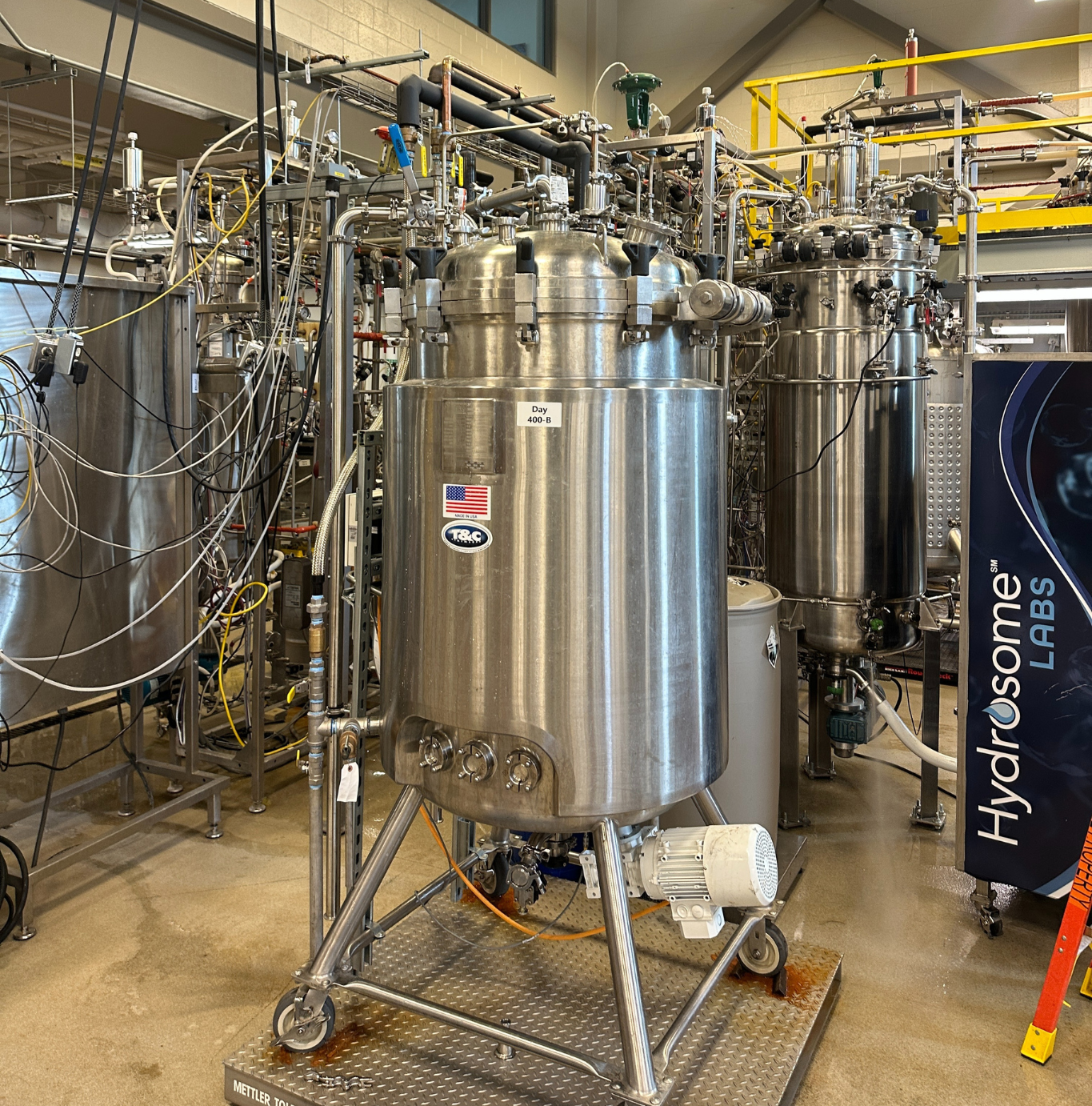
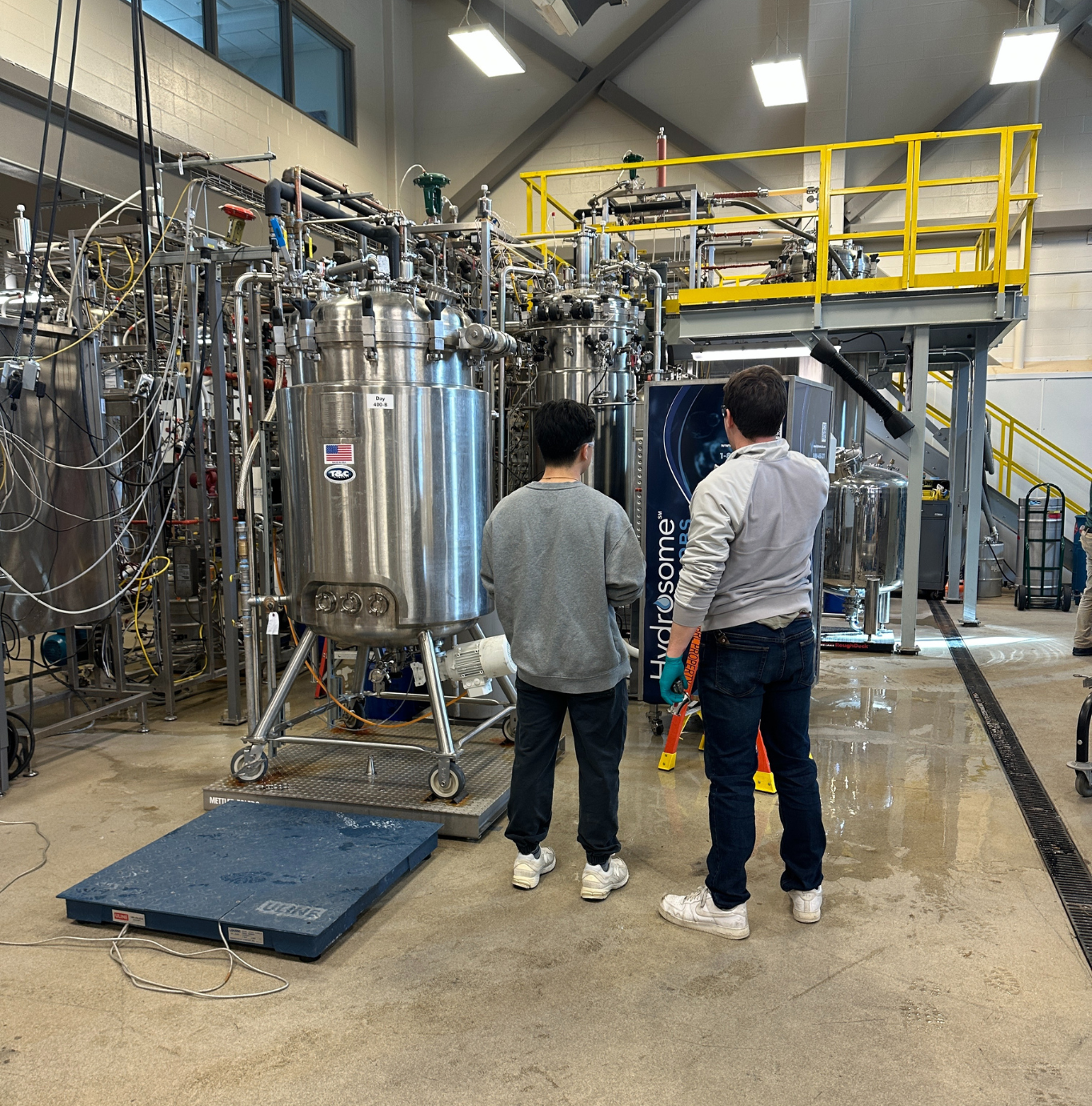
While there are several applications for biomanufacturing, the agriculture industry likely should continue to reap the benefits. Dr. Conerty says, “We’re doing a lot of work with fertilizers and pesticides, but instead of making them from chemical processing, we’re doing it through biology and bioprocessing instead.”
The idea of creating a cycle of outputs powering inputs is an exciting one for Conerty and the IBRL team, but iFAB’s ultimate goal is to build markets for agricultural commodities. “There are lots of other industries, though, and if those companies want to come and grow their manufacturing here and use our corn and soy, I’m fine with that too.”
Economic growth is a major driver behind iFAB’s mission, and moving companies to Illinois and creating jobs is a priority. iFAB’s reach includes some of the highest-yielding counties for corn and soybeans in the U.S. and has direct access to multiple commercial transportation routes. Since 2018, the IBRL facility has worked with 130 industry partners, and the goal is to retain these companies in central Illinois by building local markets. “IBRL collaborates with many industry partners, but our goal is to encourage those companies to establish a long-term presence in Illinois. We’re focused on building markets for agricultural commodities and actively engaging with companies looking to open manufacturing sites. By highlighting central Illinois’ strategic advantages—its infrastructure, resources and access to feedstocks—we aim to attract businesses to set up operations here.”
So what’s next? iFAB recently received over $51 million in federal funding for infrastructure projects.
Expansions and upgrades are planned for IBRL, Primient and ADM facilities, with state and industry partners also contributing significant resources.
“Most of this funding is being dedicated to infrastructure. IBRL will be doubling in square footage, so we’ll be expanding to help more companies. The facility at Primient’s campus will be upgraded for shared use, and ADM is also upgrading some of their reactors for shared use.”
And as more businesses move to Illinois, iFAB’s efforts will create jobs and career development opportunities in central Illinois. “In the near future, we hope to get some training programs established here at University of Illinois, the unions in both Champaign in Decatur and with Parkland and Richland community colleges. Establishing more training programs and getting more people involved is critical,” says Conerty. “Long term, I want some of those site selection conversations to land right, and I want companies to say Illinois is the place to build our manufacturing sites.”
Conerty hopes that as these improvements attract more businesses, they will continue to increase demand for agricultural feedstocks in Illinois. “If we can help more companies become more successful, they will need more feedstock. It is a slow process—we’re not a huge off-take partner right now, but if we don’t put in the time now, we will never be a big off-take partner.”
As the iFAB Tech Hub continues to grow, Conerty plays a vital role in coordinating grant applications and ensuring consortium members remain aligned. Stakeholders can get involved as full consortium members or strategic partners.
For more information, contact Dr. Conerty directly at bconerty@ illinois.edu, or visit https://ifabtechhub.research.illinois.edu/.
Recent Articles
TikTok sensation Jackson Laux, age 9, partners with John Deere to inspire agriculture's future.
By IL Field & Bean Team
From cutting-edge research to hands-on support, discover the vital role Extension plays in improving farm operations and advancing Illinois agriculture.
By Talon Becker, Commercial Agriculture Specialist, University of Illinois Extension
